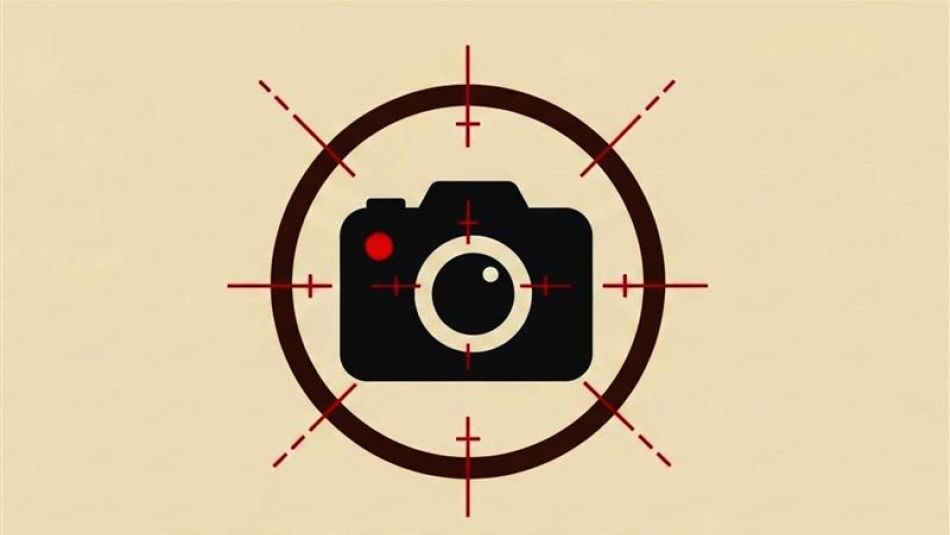
Share
On Nov. 2, 2025, Unifor marks the International Day to End Impunity for Crimes Against Journalists to shine a spotlight on how journalism is essential to free societies and functioning democracies.
Journalists give a voice to the voiceless, they tell our stories, and they hold the powerful to account, but too often they pay a high price for this work through threats, harassment, physical attacks, legal intimidation, sometimes even death, with little or no justice and impunity for perpetrators.
Globally, the scale of violence and harassment of journalists are of grave concern. UNESCO reports that since 2006, roughly 85% of killings of journalists remain unpunished.
In 2024 alone, at least 124 journalists and media workers were killed worldwide, the highest number in over three decades of tracking by the Committee to Protect Journalists.
In Canada, threats, harassment, legal intimidation, and obstruction are growing.
Journalists covering politics, protests, Indigenous issues, or environmental campaigns, have increasingly reported being surveilled, doxxed, threatened, or faced legal or regulatory pressure. For example, in Aug. 2025, Unifor condemned the chilling actions of the anonymous figures who targeted and harassed Carrie Tait, a Globe and Mail journalist who had been investigating allegations of political interference at the Alberta Health Agency.
Canadian legal protections for press freedom exist. Charter rights for expression, defamation laws and protections for sources, but years of precedent show that laws alone don’t deter harassment, threats, or physical attacks. Many cases either do not lead to charges, or charges do not lead to convictions.
The digital age has brought online harassment—especially of women, Indigenous, racialized, and other equity-deserving media workers—social media-fuelled threats, doxxing and invasive surveillance. These threats often escalate into in-person risks.
To end impunity against journalists, the following steps are essential:
- Codify specific offences for threats, harassment, doxxing, intimidation of journalists (online and in-person), with clear enforcement.
- Allocate resources to law enforcement and judicial systems for training, handling, and prioritizing cases involving media workers.
- Provide training in digital security, physical safety, and trauma resilience.
- Ensure that freelancers have access to the same protections as staff journalists.
- Recognize that women, Indigenous, racialized, 2SLGBTQIA+ journalists often are more targeted, and tailor supports accordingly.
- Ensure sustainable funding and infrastructure for journalism. Local news needs support to survive, because a weakened media means fewer watchdogs and fewer protections.
Unifor is committed to playing an active and ongoing role to help. Our ongoing and recent initiatives to support journalists, media workers and journalism include:
- Unifor Media’s Help Is Here website provides supports for journalists and media workers facing harassment, whether they are members or freelancers. It provides links to peer support, advice and tips on documenting abuse, guidance for reporting harassment to employers or law enforcement, and practical advice on protecting personal information.
- Fact-Checked, Unifor’s Media Action Plan campaign, aims to remind Canadians that news from a trusted news source is news that has been fact checked, reviewed, and verified.
- The union is developing and prioritizing bargaining language for collective agreements that addresses harassment, threats, safety, ensuring that media workers have clear processes to report abuse, support, and recourse.
Journalism is a public good. A society that allows crimes against journalists to go unpunished is a society that risks losing its accountability and its democracy.
We must ensure that no journalist fears for their safety, no truth is silenced by impunity, and that justice is not a promise, but a reality.


